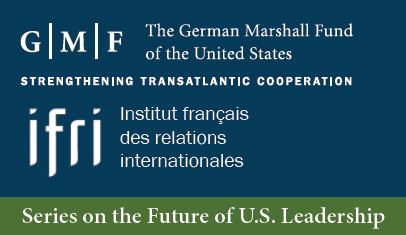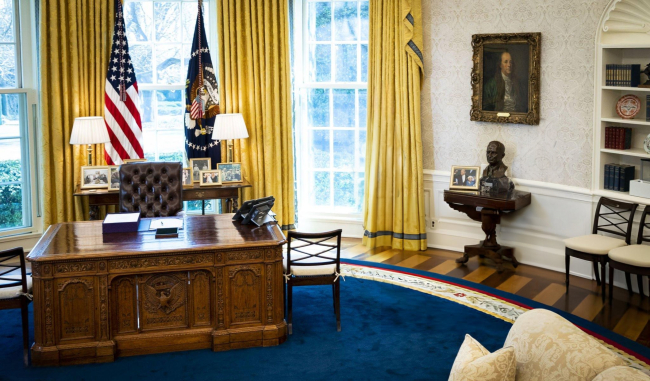Global Swing States and U.S. Strategy

Defending and renewing the global order is a priority for the United States and Europe. An important part of this effort will be accomplished if transatlantic partners can successfully engage four “global swing states” — Brazil, India, Indonesia and Turkey — in the management of global issues, because of their geopolitical and economic status, as well as their desire to have a stronger voice in the various international forums. Successful engagement of these nations will be key to preserving the international order and U.S. leadership.
At a time of growing challenges to international peace and prosperity and intensifying resource constraints, working with emerging powers to defend and renew the global order has become increasingly central to U.S. strategy. Compared to the Asia “pivot” unveiled during the first Obama administration, U.S. engagement of emerging powers has generated little publicity and comparatively modest interest from longtime U.S. partners in Europe. Yet the stakes are high. The choices made by a handful of economically dynamic, strategically located, rising democracies — “global swing states” — may decisively nudge the international order toward renewal or fragmentation. If the United States, its transatlantic allies, and these key emerging powers can come together to strengthen a system on which all depend, they are more likely to thrive. If the global order instead becomes less cohesive, they — and the broader world — will suffer the consequences.
Download the full analysis
This page contains only a summary of our work. If you would like to have access to all the information from our research on the subject, you can download the full version in PDF format.
Global Swing States and U.S. Strategy
Related centers and programs
Discover our other research centers and programsFind out more
Discover all our analysesWater in Mexico: an Emergency that Will Wait
Access to water is already and will become increasingly problematic for Mexican economic actors due to the progressive scarcity of the resource resulting from climate change, a geographical distribution that does not coincide with that of the population or economic activity, and management that has so far been far too lax.
Donald Trump v. the States: the Case of New York
While the disruptive policies of the second Trump administration are being implemented at the federal level and on the international stage, they are also being felt in the federal states and major cities across the country. In the spring of 2025, several cases involving the state and city of New York demonstrate that the president’s attacks on environmental protection, the separation of powers, freedom of speech, etc., are also being carried out at the local level.
How the US under Trump Became a Strategic and Ideological Adversary of Europe
The Europeans' worst security nightmare seems to be coming true: on Tuesday, February 18, 2025, U.S. Secretary of State Marco Rubio and Russian Foreign Minister Sergey Lavrov met in Saudi Arabia to initiate the normalization of relations between their two countries. The meeting also aimed to set up peace negotiations for Ukraine. However, despite having the potential to affect the entire continent, the discussions took place without the Europeans or the Ukrainians being present.
Will Trumpian Authoritarianism Lead to a Constitutional Crisis?
Since his return to the White House on January 20, 2025, President Donald Trump has signed around sixty executive orders to implement his political agenda. Numerous other measures have also been introduced by the White House and the new Department of Government Efficiency (DOGE) as part of these orders.










